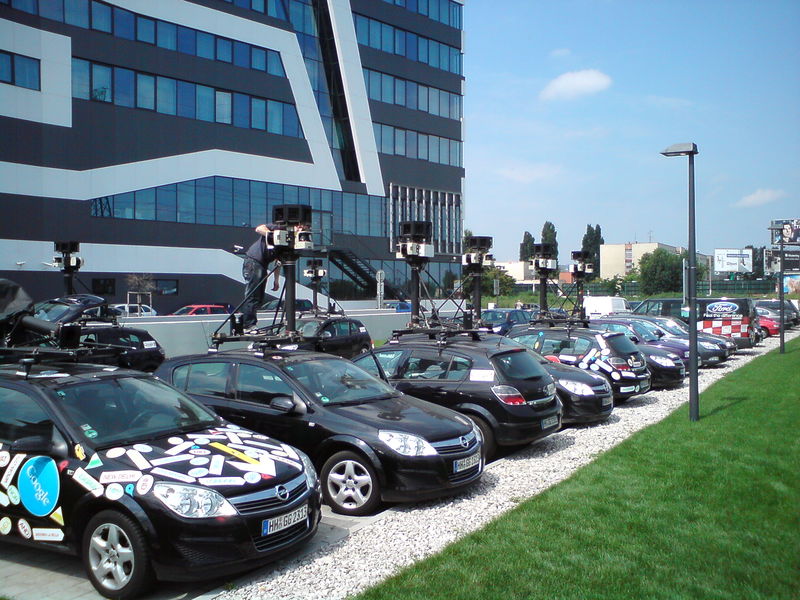Smart Cities Go Beyond IoT. Here’s How
What defines a smart city? Imagine a city that behaves like a living being, interacts with you, and is responsive to your needs. It also reads data generated in real time and offers predictions, suggestions, and improvements. Sounds a little too far-fetched? Let’s read more about the use of IoT in smart cities.
The idea of a smart city that is inherently intelligent in dealing with resources and the environment is turning into a reality with each passing day.
Information and communication technologies (ICT) and the Internet of Things (IoT) are spearheading this revolution. Imagine a city with countless sensors monitoring energy consumption, water tables, traffic flows, parking spaces, and security cameras, and sending this data in a readable format to the concerned authorities.
Use Cases of IoT in Building Smart Cities
Smart cities are capable of positively altering the operational efficiency of our present-day cities, and IoT is the technical bedrock powering the show.
-
Smart Parking
Finding a spot to park your car is a daunting task these days. Frustrated commuters choking up the streets, and increasing pollution due to gross parking mismanagement are commonplace. Furthermore, the sheer quantum of vehicles on the road is putting undulating stress on the traffic infrastructure of cities around the world. This is where smart parking solutions kick into effect. IoT and sensors can be used to determine and intimate a motorist about empty spots nearby their place of work in real time. This solution will save time and fuel, reduce CO2 emissions, and optimize road utilization hours. If you wish to read more about smart parking, check out our blog.
Also Read: How Smart Parking Reduces Pollution
-
Smart Waste Management
City waste management is a mammoth task that can be aided with the help of IoT. How? By introducing smart garbage containers that are fitted with a sensor to detect the filling levels inside. Once these containers start filling up, the waste collection trucks can be automatically intimated to go to the particular garbage container and empty it. This application will replace a dated waste collection system with a more efficient one that is based on real-time data.
-
Smart Lighting
Lighting up streets takes a big bite out of the total energy consumption of any city. In a traditional lighting system, an inspection of failure happens manually. Additionally, city lighting remains undifferentiated across all hours of the evening and night. IoT-powered smart lights will flag light failures and will automatically intimate the concerned authorities in real time. The system can also chalk out the best routes for effective maintenance and repair. Furthermore, lights can automatically be dimmed during early evenings and depending on human presence.
-
Smart Traffic Management
This can be done by installing wireless traffic sensors that will use IoT to provide real-time updates on traffic volumes and road occupancy during different times of the day. After mapping the city’s traffic patterns, the decision-making algorithms can automatically adjust or readjust the timers on certain traffic signals to better manage traffic. The system can also detect violations and notify the offender by sending a parking ticket on their smartphones. Needless to say, efficient traffic management will have a positive impact on the environment as it will cut down on emissions and stress.
Conclusion
The Internet of Things (IoT) is an imminent reality set to make our cities smarter. These new-age cities will be a combination of physical as well as non-physical infrastructures with an immense potential to alter lives for the better.

